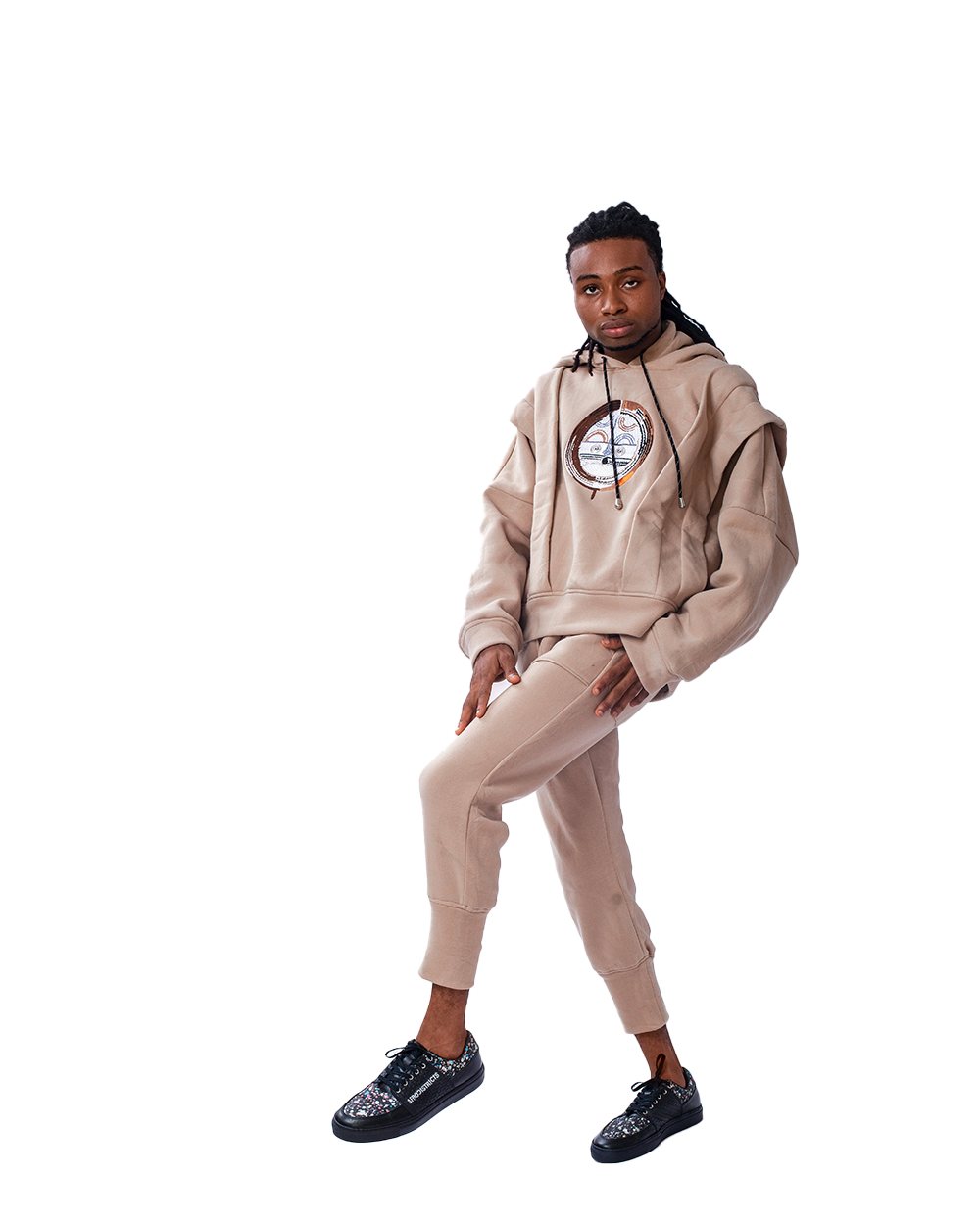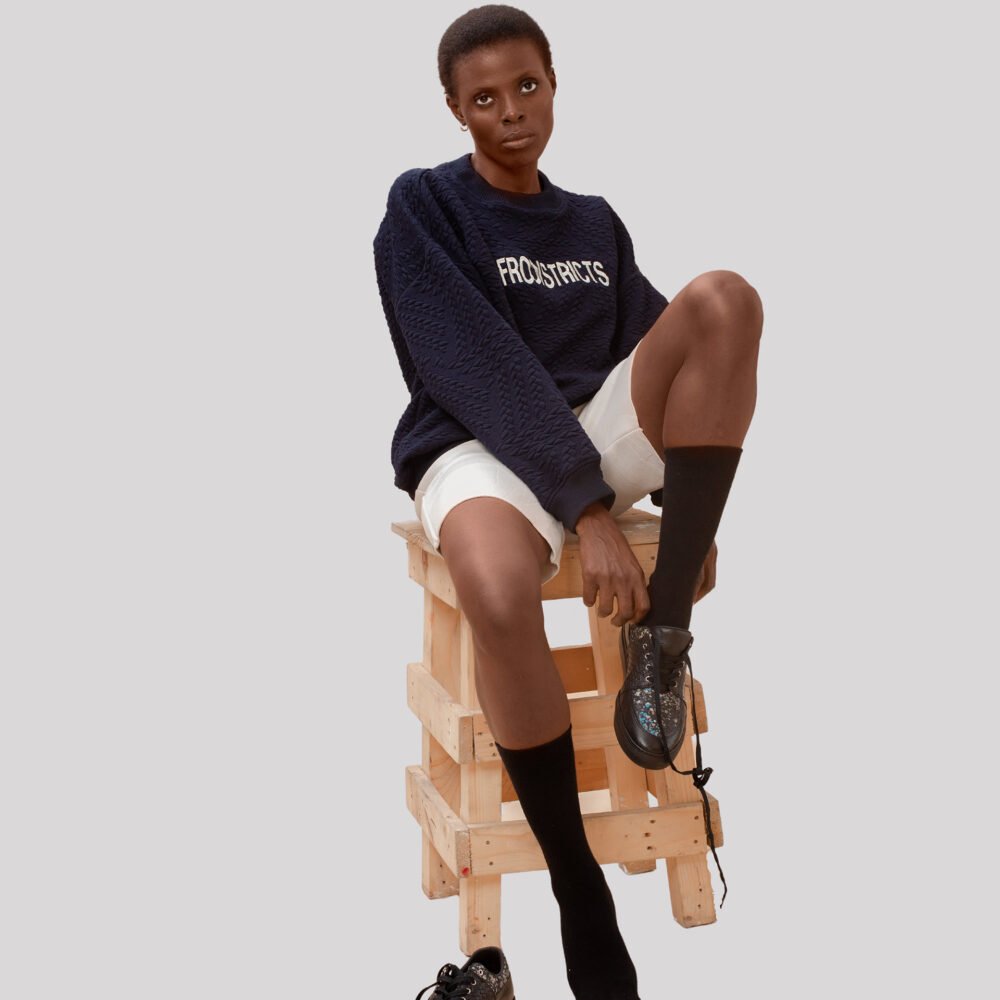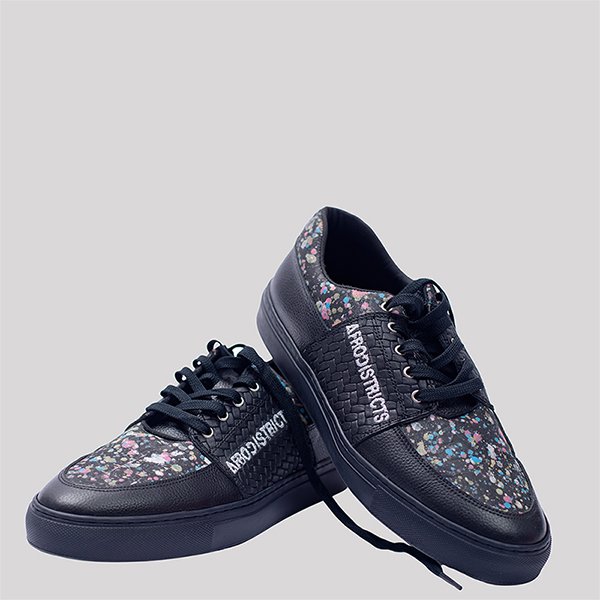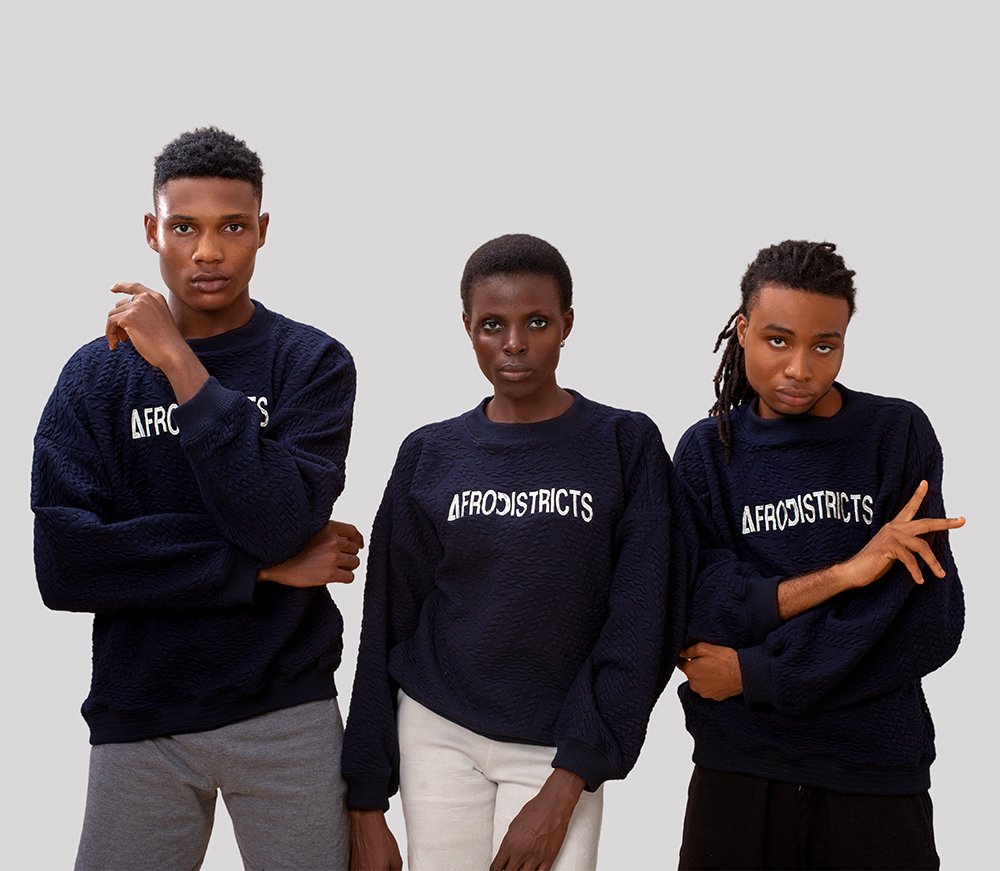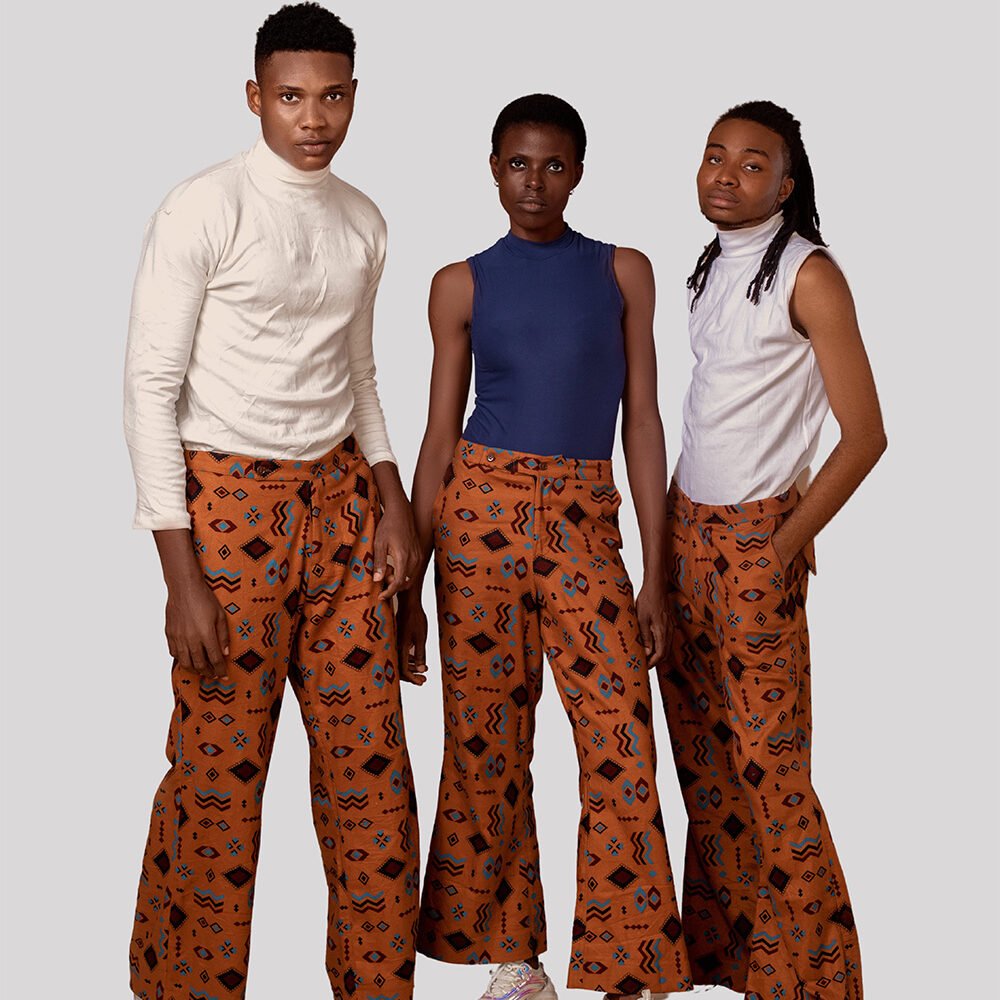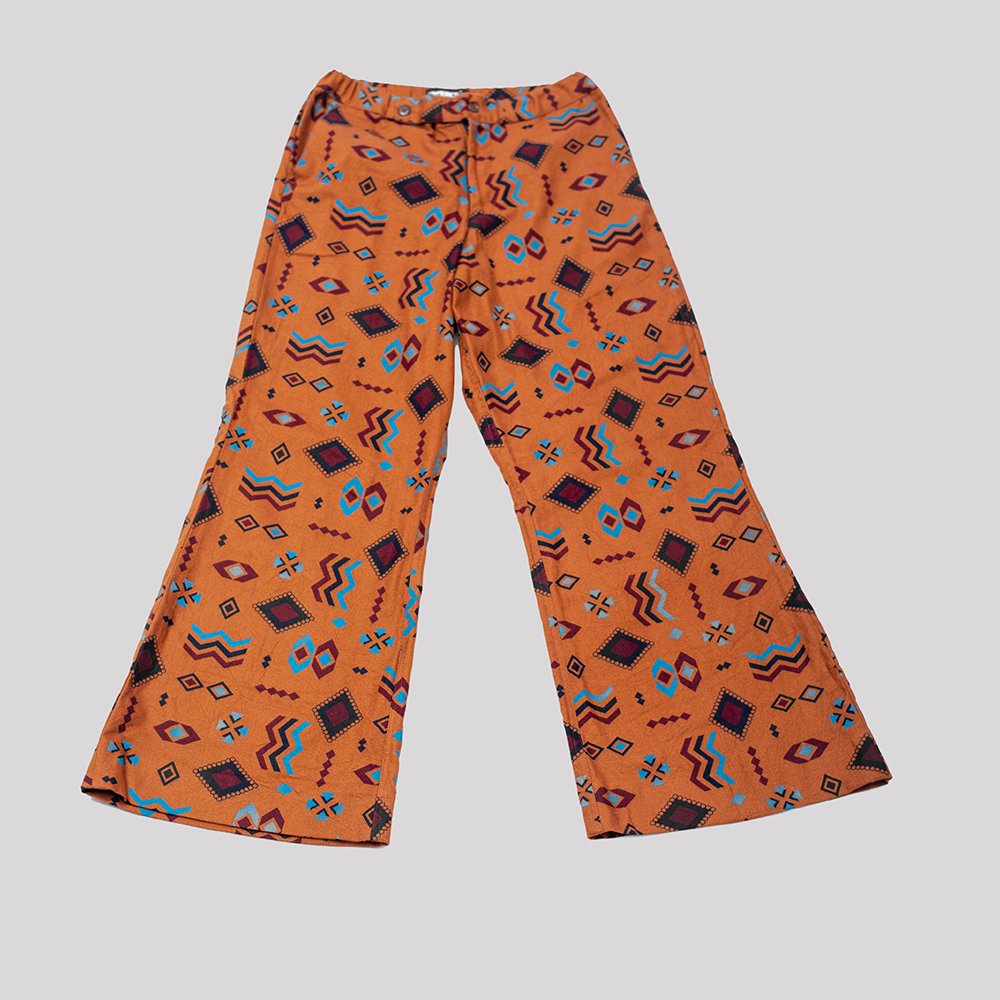Uncategorized
How African Craftsmanship is Revolutionizing Sustainable Fashion in Paris
Paris has been a hub for luxury fashion and haute couture for centuries. But today, many major French brands are looking to Africa to incorporate sustainability and ethical production practices into their clothing lines. There is a growing movement in Paris of sourcing handcrafted textiles and using African craftsmanship from across the continent.
This shift towards sustainable materials and craftsmanship is transforming both the environmental impact of Parisian fashion houses and also empowering marginalized artisan communities in Africa. By partnering directly with local craftspeople, French designers are able to access renewable materials and ancestral skills that align beautifully with luxury fashion.
In this blog post, we’ll explore how sourcing from Africa benefits Parisian brands seeking to become more eco-conscious in an increasingly competitive and climate-aware industry. Discover how culturally significant techniques, fabrics, and aesthetics from Africa are now defining sustainable luxury clothing in Paris. The ingenuity of African craftsmanship is helping reshape fashion’s future in a greener and more ethical direction.
Sourcing Sustainable Fabrics and Materials from Africa
A pillar of the sustainable fashion movement in Paris is the sourcing of eco-friendly materials from Africa. These include fabrics like organic cotton, raffia, recycled textiles, and natural plant and mineral-based dyes.
For example, Burkina Faso has become a key partner for sourcing handwoven cotton. Designer Christelle Kocher works closely with the Ethical Fashion Initiative to source artisan materials for her Koché collections. Brands like Mossi work with cooperatives in Burkina Faso that ethically produce cotton using rainwater irrigation.
Abrima Ecolodge in Tanzania provides crafts and textiles to the likes of Chanel and Stella McCartney. Mille Collines works with groups like the Association of People Living with Disabilities in Rwanda to ethically source materials ranging from wool to banana fibres.
Raffia, a natural fibre from palm leaves with a handwoven aesthetic, offers an environmentally friendly alternative to leather. Designer Marine Serre incorporates raffia from Madagascar into many of her upcycled designs. Meanwhile, Banabo, an Italy-based ethical brand, works with Moroccan weavers for its line of raffia bags and accessories.
A Revival of Traditional African Techniques
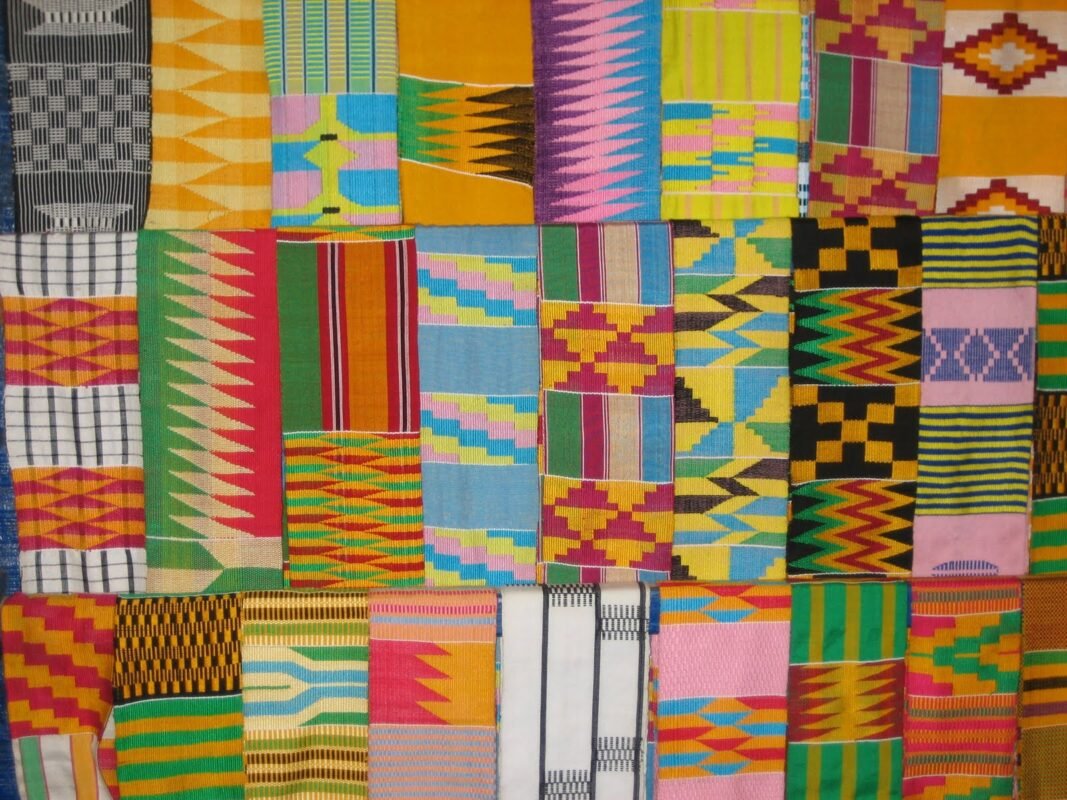
Parisian designers are not simply sourcing materials from Africa – they are looking to traditional African techniques for inspiration. These artisanal methods passed down over generations, align seamlessly with the sustainable fashion ethos.
For example, designers like Tongoro Studio based in Dakar are using custom-made 100% organic wax prints native to West Africa. The colourful patterned wax fabrics are GOTS certified and free of harmful chemicals. Brands like By Naky repurpose vintage wax cloth into modern garments.
BAWA, a footwear label based in Accra, uses artisanal production methods for its ethical shoes. The brand crafts handmade leather shoes dyed with natural pigments and indigenous herbs from Ghana.
Brands like AWA Meite are using ancestral Bogolan techniques for mud cloth production from Mali and Burkina Faso. The handmade mud-dyed cotton is mineral-based, along with natural indigo dyes from the leaves of the Indigofera plant.
Senegalese weaving is deeply influential across ethical fashion in Paris now. Labels like Suakoko upcycle vintage denim using traditional Senegalese Pinhat weaving methods for one-of-a-kind zero-waste pieces.
You may also like
How Kente Streetwear is Redefining Afrocentric Fashion
The Rise of African-Black Female Fashion Designers
The Bridge Between African and Parisian Fashion
At the crux of this movement is a cultural exchange between Parisian designers and African craftspeople. Haute couture brand Aelis works with Ethiopian artisans for the unique handwoven cotton used in its collections.
More luxury brands are partnering with local artisan communities across the continent for their production needs. They are showing at annual events like the Africa Fashion Reception during Paris Fashion Week to further amalgamate African culture into high fashion.
Senegalese brand Tongoro Studio made its Paris debut here, while Nigerian label Maki Oh showed its latest collection fusing traditional textiles with modern silhouettes.
Workshops at the renowned Ecole du Patrimoine Africain also connect designers with master artisans from across Africa. Chanel facilitates workshops here, while Louis Vuitton has partnered with UNESCO on specialized programs. The goal is equitable partnerships and preserving time-honoured skills.

The Future of Sustainable African-Inspired Fashion
Eco-conscious practices aligned with Parisian style that uplift marginalized African communities – this is the future of ethical luxury fashion. Brands embracing ancestral techniques and locally-sourced materials are setting the template for the industry.
More designers need to collaborate directly with African artisans, offering fair wages and preserving cultural heritage. With smart innovations in renewable materials and production methods, the possibilities are endless. African inspiration fused with the Parisian style can revolutionize luxury fashion.
The growing sustainable fashion movement in Paris that finds inspiration from Africa has enormous potential for driving innovation in eco-luxury. By partnering directly with African craftspeople, Parisian brands are enriching cultural exchange and empowering local communities. The future looks bright for green materials and ethical production practices that celebrate the continent’s rich textile heritage.

